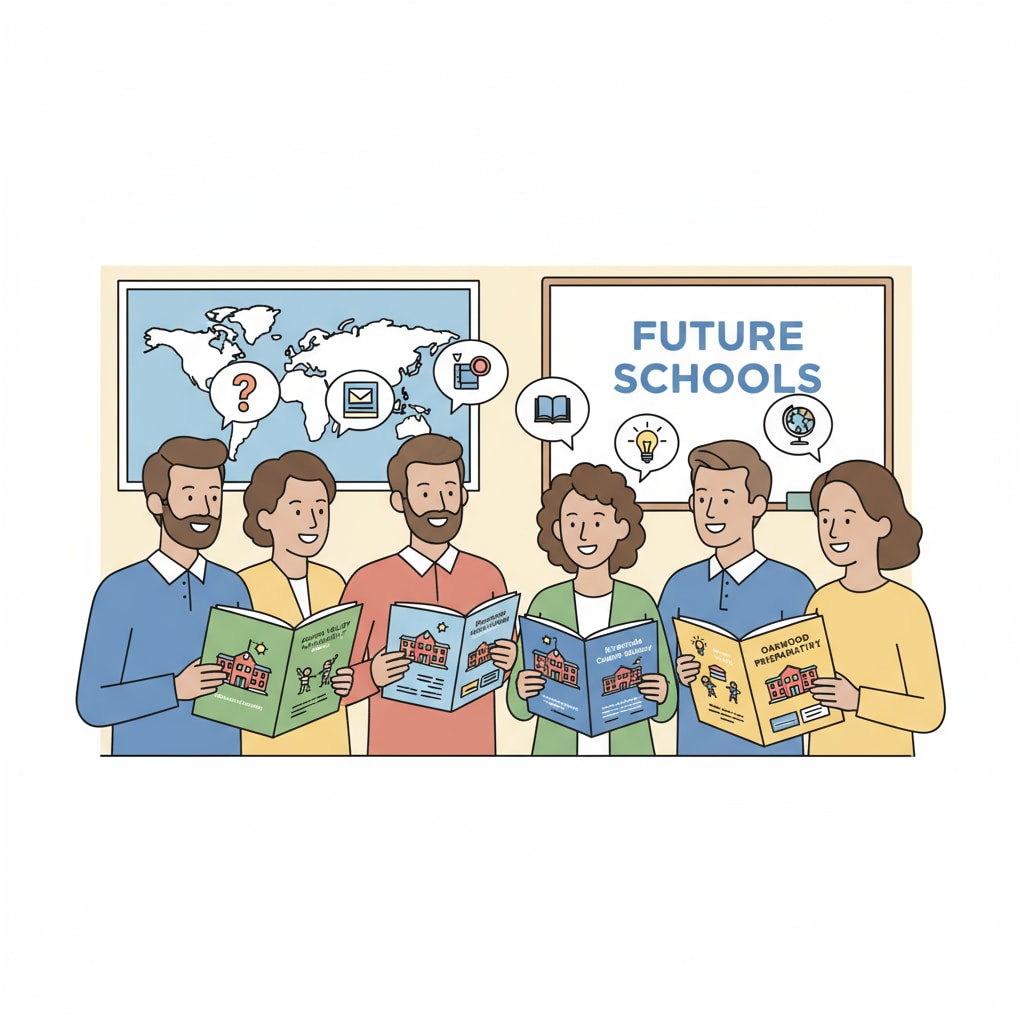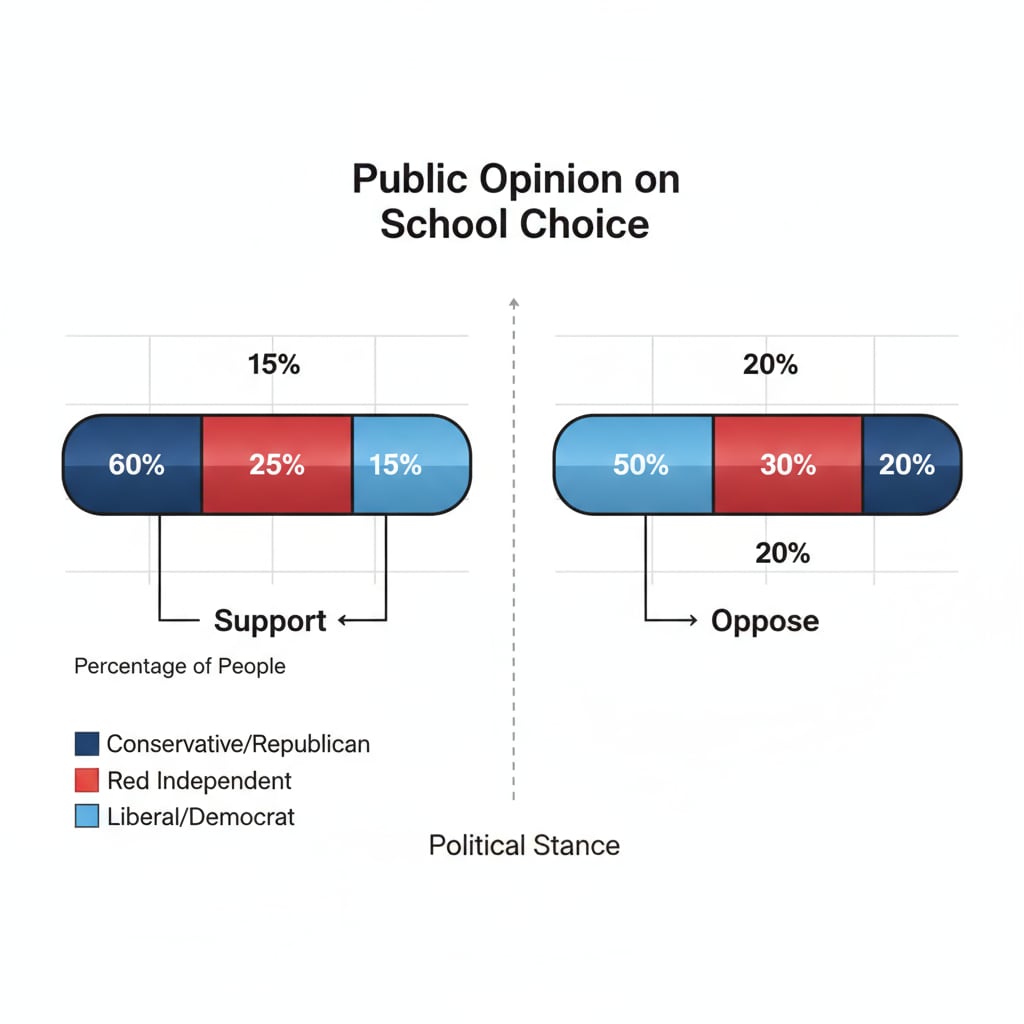The school choice system, a highly debated education policy, has been at the center of political controversy in recent times. It aims to provide parents with greater autonomy in deciding their children’s educational paths. However, this seemingly straightforward concept has sparked intense political discussions.

The Core Concept of School Choice
School choice refers to the policy that allows parents to select the school their children attend, beyond the traditional neighborhood school assignment. This can include public charter schools, magnet schools, private schools (in some cases with vouchers), and homeschooling. The idea is to give families more educational freedom, enabling them to choose an institution that best suits their child’s needs, interests, and learning styles. For example, a child with a strong interest in the arts may benefit from attending a magnet school with a specialized arts program. According to Wikipedia’s entry on school choice, this system is designed to increase competition among schools, potentially leading to improved educational quality overall.

The Roots of Political Controversy
The controversy surrounding school choice mainly stems from concerns about equity. Critics worry that it may exacerbate educational inequalities. Wealthier families may have more resources to access better schools, whether through private school vouchers or by moving to areas with high-performing public schools. This could leave disadvantaged students in underfunded and lower-quality schools. Additionally, there are concerns about the impact on the traditional public school system. As students move to other options, public schools may face reduced funding, which could further decline the quality of education they offer. As stated in Britannica’s article on education policy, the balance between choice and equity is a delicate one in the realm of education policy.
Another aspect of the controversy is related to the role of government in education. Some political groups advocate for a more hands-off approach, believing that parents should have the ultimate say in their children’s education. They see school choice as a way to reduce government control and promote market forces in education. On the other hand, other groups argue that the government has a responsibility to ensure equal access to quality education for all students. They fear that excessive school choice may lead to a fragmented and unregulated education system.
Readability guidance: In this section, we’ve used short paragraphs to clearly present the roots of the controversy. We’ve also provided a list-like structure by separating different aspects of the controversy. Transition words like ‘additionally’ have been used to connect ideas smoothly.
Divergent Political Views
Conservative political groups often support school choice as a means of promoting individual freedom and competition in education. They believe that it gives parents the power to opt out of failing public schools and find better educational opportunities for their children. They also see it as a way to introduce market competition, which could drive innovation and improvement in schools. For instance, they may advocate for voucher programs that allow parents to use public funds to send their children to private schools.
Liberal groups, on the other hand, are more cautious about school choice. They are deeply concerned about the potential negative impact on equity. They argue that the government should focus on strengthening the public school system rather than diverting resources to alternative options. They worry that school choice may lead to a two-tiered education system, where the wealthy have access to better education while the poor are left behind.
Readability guidance: Here, we’ve clearly presented two different political views in separate paragraphs. Transition words like ‘on the other hand’ help to contrast the positions. We’ve also provided examples to illustrate each view, making it easier for readers to understand.
In conclusion, the school choice system is a complex and politically charged education policy. While it offers the promise of educational freedom and potential improvements in quality, it also raises significant concerns about equity and the role of government in education. As the debate continues, finding a balance between these competing interests will be crucial for the future of education.



